 January 21, 2026
by Hope Pohlman
Fossil Fuels
International
January 21, 2026
by Hope Pohlman
Fossil Fuels
International
U.S. intervention in Venezuela raises urgent questions about sovereignty, international law, and the environmental costs of reviving heavy, carbon-intensive oil production.
 November 21, 2025
by Lucy Mao
Air
Fossil Fuels
Regulations
November 21, 2025
by Lucy Mao
Air
Fossil Fuels
Regulations
Amid significant carbon emissions in the aviation industry, emissions labels in Google Flights’ search results may encourage more eco-friendly consumer behavior and spur regulatory reform.
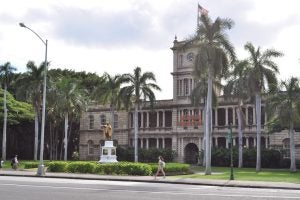 February 13, 2025
by Conor Winters
Fossil Fuels
Litigation
February 13, 2025
by Conor Winters
Fossil Fuels
Litigation
Though the Supreme Court turned down an opportunity to decide whether state-level climate change lawsuits are preempted by federal law, the justices’ significant and recurring interest in the underlying question as well as the magnitude of what’s at stake for defendants make it likely that the question will return to the Court in the coming years.
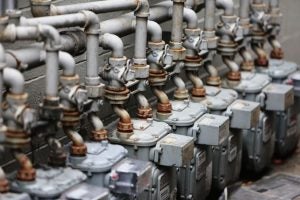 October 22, 2024
by Gabriel Hearn-Desautels
Energy
Fossil Fuels
Litigation
Oil and Gas
Renewable Energy
October 22, 2024
by Gabriel Hearn-Desautels
Energy
Fossil Fuels
Litigation
Oil and Gas
Renewable Energy
A regional utility’s role in a $52B lawsuit could have significant implications for the future of climate litigation.
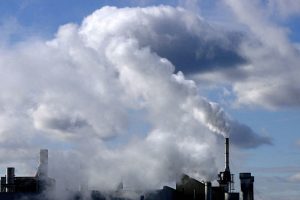 February 23, 2024
by Diego Huerta
Air
Climate change
Fossil Fuels
Regulations
State and Local
February 23, 2024
by Diego Huerta
Air
Climate change
Fossil Fuels
Regulations
State and Local
Massachusetts v. EPA is seen as an unalloyed victory for the climate movement, but over 15 years after the case was handed down, legal knock-on effects from the decision have come back to bite.
 February 23, 2024
by Paige Power Kendrick
Air
Climate change
Fossil Fuels
Regulations
February 23, 2024
by Paige Power Kendrick
Air
Climate change
Fossil Fuels
Regulations
In the hope to leave Zombie Engines in the past, the EPA recently promulgated a new final rule on Greenhouse Gas Emissions Standards for Heavy-Duty Vehicles. In this GELR blog post, Paige Kendrick analyzes the recent changes regarding federal preemption of non-new locomotives and locomotive engines as well as steps being taken by California to reduce locomotive emissions.
 February 13, 2024
by Roman Carlitti
Climate change
Fossil Fuels
Renewable Energy
February 13, 2024
by Roman Carlitti
Climate change
Fossil Fuels
Renewable Energy
USPS’ decade-long effort to replace its antiquated vehicle fleet is threatened to be further delayed by multiple pending lawsuits challenging the agency’s compliance with NEPA.
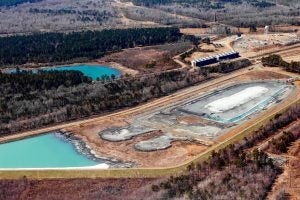 November 15, 2023
by Chelsea Welch
Chemicals
Fossil Fuels
Natural Resources
Regulations
State and Local
November 15, 2023
by Chelsea Welch
Chemicals
Fossil Fuels
Natural Resources
Regulations
State and Local
Newly proposed EPA regulations targeting coal ash pollution and an expected denial of Alabama’s proposed state regulatory program show EPA’s willingness to flex its muscles in addressing the legacy of one of the country’s largest industrial waste streams.
 October 30, 2023
by Kathryn Blanco
Air
Fossil Fuels
Oil and Gas
October 30, 2023
by Kathryn Blanco
Air
Fossil Fuels
Oil and Gas
Amid growing concern over the health and climate impacts of natural gas appliances, the Washington, D.C. council has proposed a solution with the Healthy Homes Act.
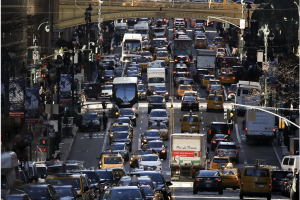 April 12, 2023
by John Powers
Climate change
Fossil Fuels
April 12, 2023
by John Powers
Climate change
Fossil Fuels
By John Powers, Staff Contributor











